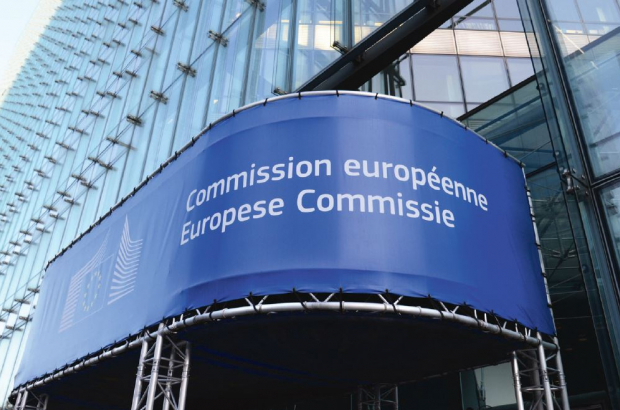- Daily & Weekly newsletters
- Buy & download The Bulletin
- Comment on our articles
How to launch your career in the EU institutions
The European Union is a major source of employment, with a staff of 33,000 in the Commission alone. A further 6,000 work in the Parliament’s general secretariat, while 3,500 are employed by the Council. European Union officials enjoy excellent working conditions, pay and benefits, plus a job for life. Unsurprisingly, competition is tough.
The concours is the EU’s way of selecting staff. Several of these open competitions are held throughout the year; some tailored to specific jobs such as translators and lawyer-linguists. The general competition, which enables you to work anywhere within the EU institutions, is known as the AD5 Generalist. This usually takes place once a year. Of the 30,000 or so candidates who apply, approximately 150 make it on to a reserve list. The institutions then select people from this list to call for interview.
The concours takes approximately a year to complete. It involves an application form, plus computer-based and face-to-face tests. This year, the first stage consists of numerical, verbal and abstract reasoning. There are simulated computer-based exercises followed by a case study and a day at an assessment centre. Applicants must be EU citizens and they must have a second language (usually English, French or German) up to B1/2 level.
The AD5 Generalist is for graduates and enables you to become an administrator. Those applying to become lower-grade assistants must have completed secondary education and have relevant experience or a relevant vocational qualification. Both administrators and assistants are classed as officials. They have a job for life and make up the majority of the Commission’s workforce.
Many of the bookshops in Brussels sell manuals containing practice tests for verbal, numerical and abstract reasoning, as well as tips for passing the concours. Some former candidates dispute these books’ usefulness and advise booking a place on a training programme. Most member states offer these for various stages of the application process, some of them for free. EU Training offers online and face-to-face courses at various prices.
While there are no short-cuts to passing the concours, the old adage holds as true at the EU institutions as elsewhere: it’s not just what you know, but who you know. If you have friends who have passed the concours, ask for advice. If you don’t, find people who work in the institutions on LinkedIn and ask to meet for a coffee.
The EU also offers a number of traineeships across its institutions. Having a traineeship on your CV puts you at a distinct advantage. It’s not only officials who work for the EU; the institutions in Brussels also employ temporary and contract staff. If you don’t pass the concours, temporary and contract work can offer valuable contacts and experience.
Temporary posts are available in highly specialised areas such as scientific research. Contract agents are usually recruited for manual or administrative tasks, or to provide extra capacity in specialised areas. They are employed for up to six years, and have no prospects of promotion.
If you’re politically inclined, you might consider becoming an MEP’s assistant in the European Parliament. Each MEP hires individually, so there are no set requirements. For that reason, it can be an easier alternative to sitting the concours. Most jobs are advertised in the MEP’s home region and on job sites such as Eurobrussels. It helps if you already have a connection to the relevant political party. Assistants are political appointees who often work on politically sensitive dossiers, so most MEPs will want someone whose political views align with their own.
Being an MEP’s assistant is a varied and fast-paced role, with direct access to the institutions. Most assistants spend much of their time going through their MEP’s emails. They may also manage their MEP’s diary, organise visitor groups, attend committee meetings, meet lobbyists and draft articles.
Since your MEP is your direct boss, a good working relationship is crucial. While some MEPs are friendly, generous employers, others are reported to be erratic and controlling. A few informal chats with existing assistants before accepting a job offer will help you avoid the risks.
This article first appeared in The Bulletin autumn 2017. Photo: Winfried Rothermel/Picture Alliance/Belga
















